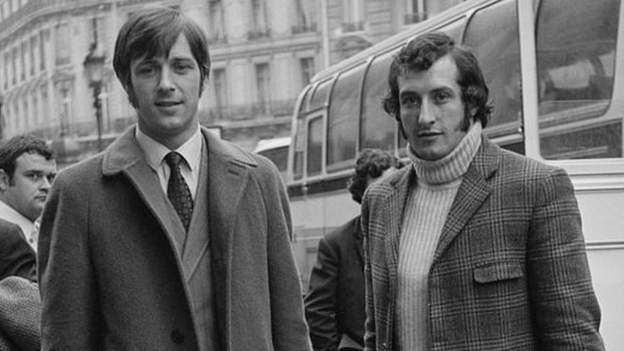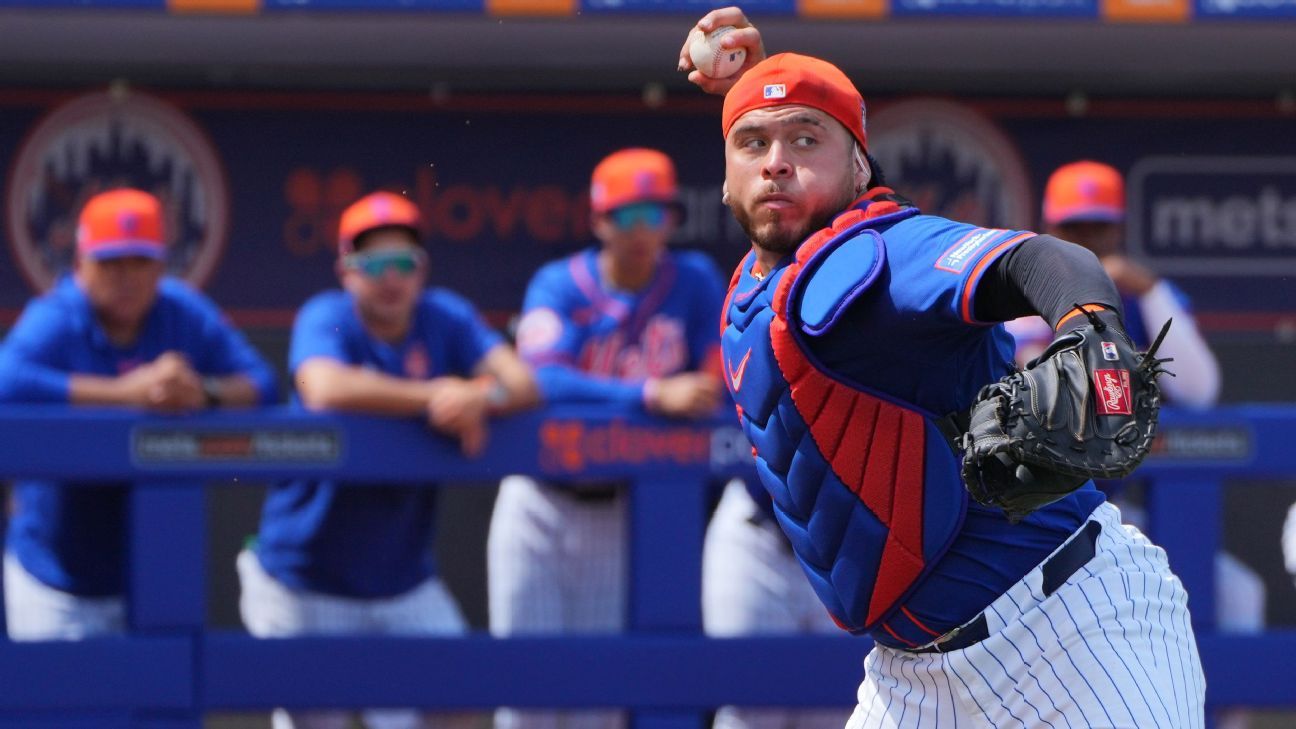John 'the King, a magician, my friend' - Edwards
Written by I Dig Sports
A magician, a poet... a king.
But who better to express the joy of that wonderous talent than his half-back partner Sir Gareth Edwards.
Together they won Grand Slams, Triple Crowns and, of course, the ground-breaking Test series in New Zealand with the British & Irish Lions that would change the way the game was played for ever.
Edwards recalled: "I remember asking Barry once in a game, 'how did you know I would be there?'
'I just knew', he replied, like some poet telling the world how easy it was to write some prose. He was a one-off, no doubt about that.
"He was carefree but had such vision when it came to playing the game. Even under the most immense pressure he would just stand there, look up and do something unbelievable.
"He was friendly and always wanted to chat but he was also lethal on the rugby field when he decided to do something."
John would spend much of his career outside Edwards, for club and country following his move from Llanelli to Cardiff in 1967.
Opposites in character but possessing an almost instinctive understanding of each other's game, they would become the most revered half-back partnership in world rugby.
"I was about to achieve my greatest moment by playing for Wales and I asked him to have a run out because I was nervous as people were talking about whether my service was up to standard," Edwards told BBC Radio Wales Breakfast.
"I asked him, in Welsh, 'How do you want it?' I will never forget the way he replied, 'You throw it and I'll catch it'.
"That transformed my attitude towards the game and our partnership because I knew Barry would always be there. Then we had several years together."
They became inseparable and seemingly unstoppable for Wales, Barbarians and the Lions, not least on the historic 1971 tour to New Zealand where John was anointed "The King" by their hosts.
"That label was thrust upon him during that tour in New Zealand, but it was very apt because he really was on his throne at that time," said Edwards.
"He dictated the way the game was played, but so nonchalantly.
"It was so against the grain for people in New Zealand, where their teams were so well prepared and rigid, Barry was a magician."
However, the adulation and fame weighed heavy on the shoulders of the young man from the tiny west Wales village of Cefneithin.
And Edwards recalls his shock at John's premature retirement when seemingly at the peak of his powers, aged just 27.
"Barry was often quite flippant with things he said and when he told me he was going to pack it up, I didn't think he was being serious at all," he said.
"He was just 27 and we had done something not done before in New Zealand and I felt this was a new chapter for us.
"But he was adamant because there was too much pressure on him personally. And before a charity game, he told me to enjoy it because it was the last time we would play together. And it was.
"He should have carried on but I am grateful to have played with such a magical person, not just a great rugby player."
'The original superstar'
John's death came less than a month after that of another rugby legend, JPR Williams, who formed the spine of the great Welsh side of the seventies.
World Rugby chairman and former England captain Bill Beaumont described John as the "original superstar" of the game.
"His autobiography was the first rugby book I ever bought, he was an unbelievable player and an extremely nice person, always very humble."
Former Wales fly-half and captain Gareth Davies was among those to follow in John's gliding footsteps.
"Every boy who went to school back then wanted to be the next Barry John. The name was ingrained in people who wanted to play the game and will be forever," he said.
"He and Gareth had that [fame] because they not only had success, but did it with style and panache."
'No-one protected him'
But that fame came at a price and while rugby today has seen England captain Owen Farrell take a break from international rugby for his mental health, there was little protection in John's time.
"It's only in the last decade that people have started looking after players," said Davies.
"It's difficult to put yourself in his shoes with all the admiration he received.
"In those days, no one would have been looking after Barry. No PR agent protecting him. That's tough to take."















 Phone: (800) 737. 6040
Phone: (800) 737. 6040 Fax: (800) 825 5558
Fax: (800) 825 5558 Website:
Website:  Email:
Email: 






